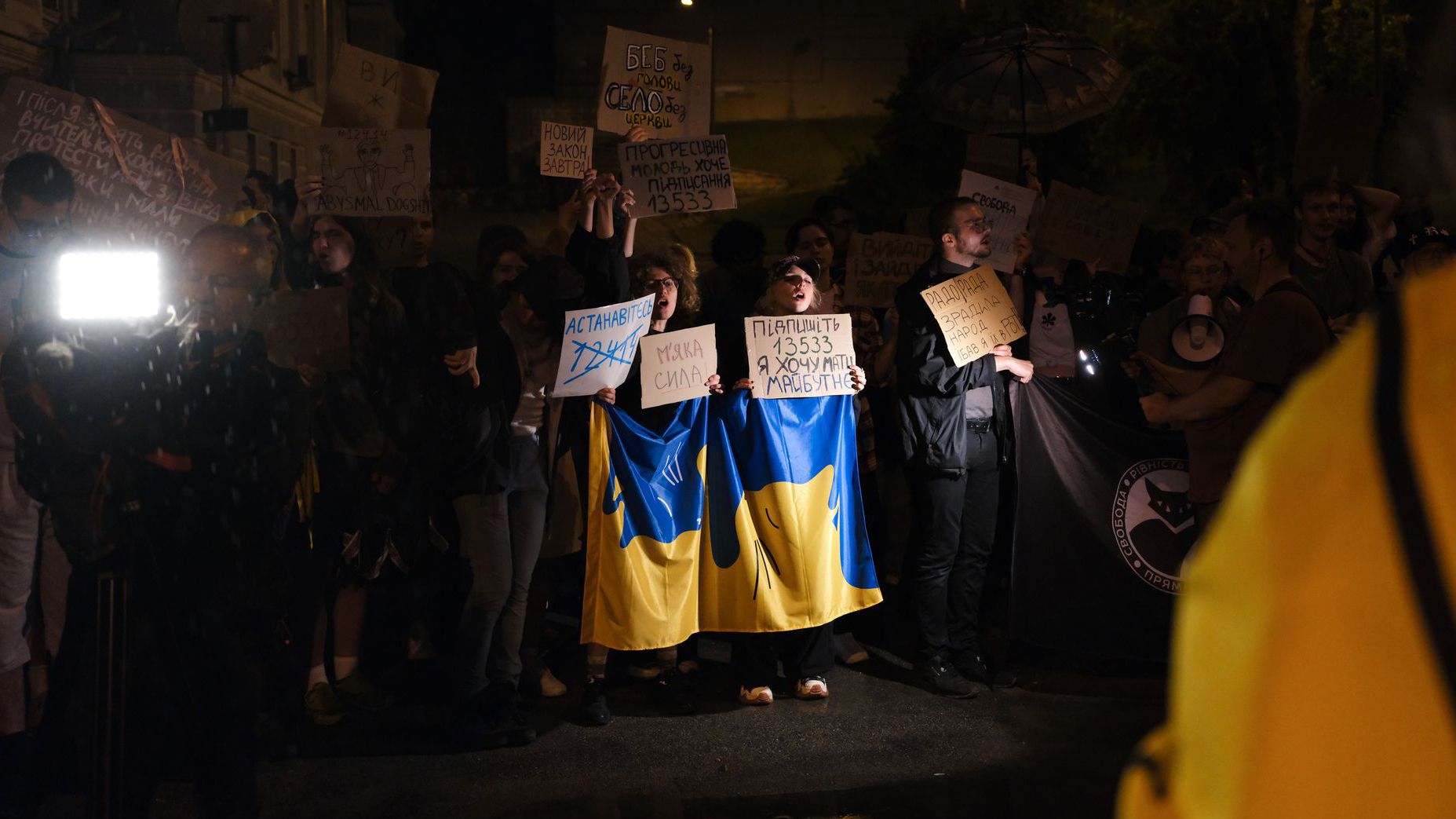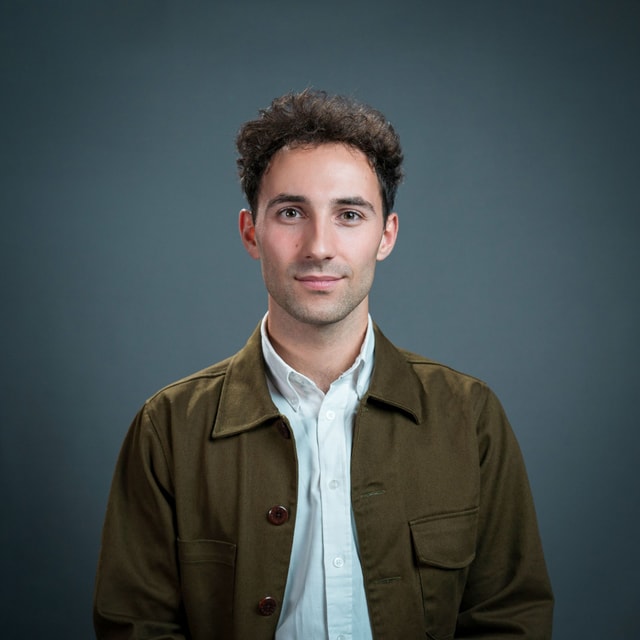Ukrainian oligarchs fail to pay $3 billion fine in landmark Privatbank case

The former owners of Ukraine's largest bank, Privatbank, have failed to pay over $3 billion in damages and costs to the bank, after a deadline set by a London court expired.
Given two weeks to voluntarily pay the sum in a landmark ruling on Nov. 10, notorious Ukrainian oligarchs Ihor Kolomoisky and Hennadiy Boholyubov did not make any payments before a Nov. 24 deadline, PrivatBank said in a statement.
The almost decade-long case from PrivatBank against Kolomoisky and Boholyubov was widely seen as a test of Ukraine's commitment to anti-corruption and institution-building in the post-EuroMaidan Revolution era. The Nov. 10 ruling on the fine, conducted in English courts to guard against the oligarchs' potential influence over Ukrainian proceedings, was met with relief from Ukrainian civil society.
PrivatBank — which was nationalized in 2016 after Ukraine's central bank discovered a $5.5 billion hole in its ledger due to fraudulent lending — will now try to recover the damages using assets belonging to the oligarchs frozen in 2017, although the bank admitted that enforcement will be "a lengthy and complex process."
"No one doubted they wouldn't pay the 3 billion," Valeria Gontareva, governor of Ukraine's central bank from 2014–2017 and a key figure behind the case, told the Kyiv Independent on Nov. 27.
"Now the ball is in PrivatBank's court. We'll see how well they prepared and did their homework to seize these assets — they had plenty of time to do so," she added.
PrivatBank, which is currently used by over 70% of Ukrainians, launched proceedings against Kolomoisky in 2017 to recover the funds, in a complex legal strategy of a magnitude unprecedented in Ukraine's history, involving multiple international and local lawyers, and other advisors.

Part of those proceedings involved a worldwide freeze on assets belonging to Kolomoisky and Boholyubov, worth over $2.5 billion.
Those frozen assets will be the key focus of PrivatBank's strategy to recover the funds, although the bank's plan is secret, according to someone close to the case, granted anonymity to speak to the Kyiv Independent.
That person added that while the location and content of the frozen assets are well understood, recovering them will likely be a difficult and lengthy process, requiring engagement with foreign legal systems and law firms where the assets are located.
"PrivatBank will continue to take all necessary steps to secure full execution of the court’s judgment, including through cross-border recovery tools," read the PrivatBank statement.
"The bank reaffirms its commitment to ensuring justice is served and losses are recovered," it added.
PrivatBank's nationalization and bailout cost Ukraine 5% of its gross domestic product, and was a key linchpin of a wider cleanup of Ukraine's banking system, spearheaded by Governor Gontareva following the EuroMaidan Revolution in 2014.
During legal proceedings, the court concluded that both Kolomoisky and Boholyubov had not engaged with the proceedings in good faith, and had put forward "a case which sought to mislead the court."











